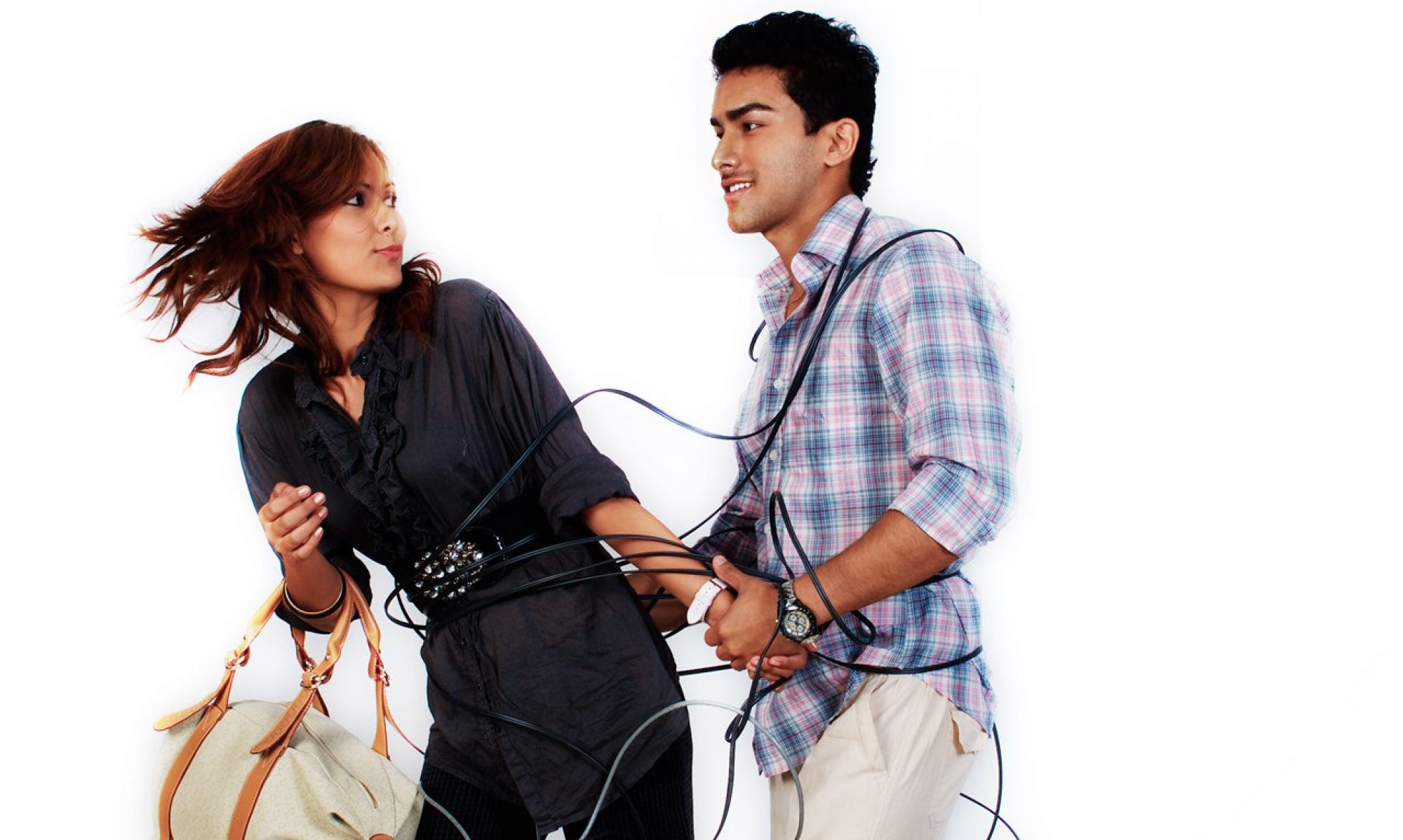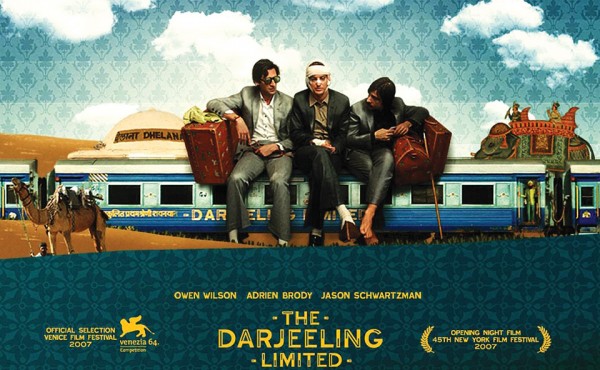Strangers on this road we are on.
Before Eat, Pray, Love, there was The Darjeeling Limited
Okay, not a very sound analogy. But The Darjeeling Limited (2007) seemed like one of those films you had to watch during a stay in Nepal. Just as The Beach is to Thailand I thought The Darjeeling Limited is to the subcontinent. Disheartened by Leonardo Dicaprio’s romanticised affair with a secret paradise in The Beach, I was ready for the long played out Hollywood drama of American goes East on proscribed travel book soul searching mission. The only saving grace is that The Darjeeling Limited is after all a Wes Anderson film, yes the Wes Anderson of The Royal Tenenbaums fame, so perhaps it couldn’t be all bad.
As expected, The Darjeeling Limited follows all the conventions of your typical travel drama; three bumbling brothers, an exotic subcontinent destination and a spiritual journey of self-redemption and enlightenment. Fortunately and unexpectedly, though, that is where the clichés end. From the opening slow motion sequence of Peter running to catch up with his brothers already waiting on the train, to the quick reunion, the absurdity of Francis’s head injuries and the awkward declarations of brotherly love, The Darjeeling Limited reminds us that it is not the destination but rather the people and the journey that define who we are and how we cope.
Francis (Wilson), Peter (Adrian Brody) and Jack (Jason Schwartzman) capture your imagination for 107 minutes of atypical and unpredictable adventure. Endeavouring to finally heal from the death of their father and seek answers from their Catholic missionary mother, the trio embark on bonding journey to India, limited edition Louis Vuitton luggage in tow. Representing the emotional baggage weighing each of the brothers down, a serious of mishaps see them removed from the train and left in the middle of the desert. Anderson skilfully plays upon his common motif of the privileged family with long pan shots of the suited brothers trudging in the desert. Displaying a maturity in his work, Anderson builds on the theme in this film indicating that wealth cannot indeed buy happiness, sanity or a sense of belonging.
The recent novel and subsequent film success of Elizabeth Gilbert’s Eat Pray Love reflects an often western idealism of soul searching in far flung locations, adopting practices and a lifestyle far different from one’s own. Again, true to his style, Anderson subtly subverts the burgeoning journey genre, the soft satire making a mockery of your usual life changing, ashram seeking hippy. Indeed the characters perchance for over the counter pain killers and Indian flu medicine reflects their disconnect from the ‘all the spiritual places and temples’ Francis has so meticulously planned that they ‘need to see’. The magic of the film lies in the quirk of each character, a melting pot of modern mental health ailments which are in the end not cured by all the medicines or the pilgrimage sites but rather the death of a young boy. This in turn forced the bereaved brothers to confront the reality of their father’s death.
In one of the most poignant scenes, the brothers make their way to the young boy’s funeral. With the Kinks 1970’s classic ‘Strangers’ playing in the background, they emerge from a hut dressed appropriately in white. The long pan shot depicts a sense of collectiveness among the different which reminds us ‘we are not two, we are one’.
The Darjeeling Limited makes you laugh, but not as hard as I thought, it makes you cringe when they just get culture plain wrong, it makes you cry out of raw humanity for the brothers, and it makes you reflect upon your sense of place in a world where we are all struggling to find an identity.

